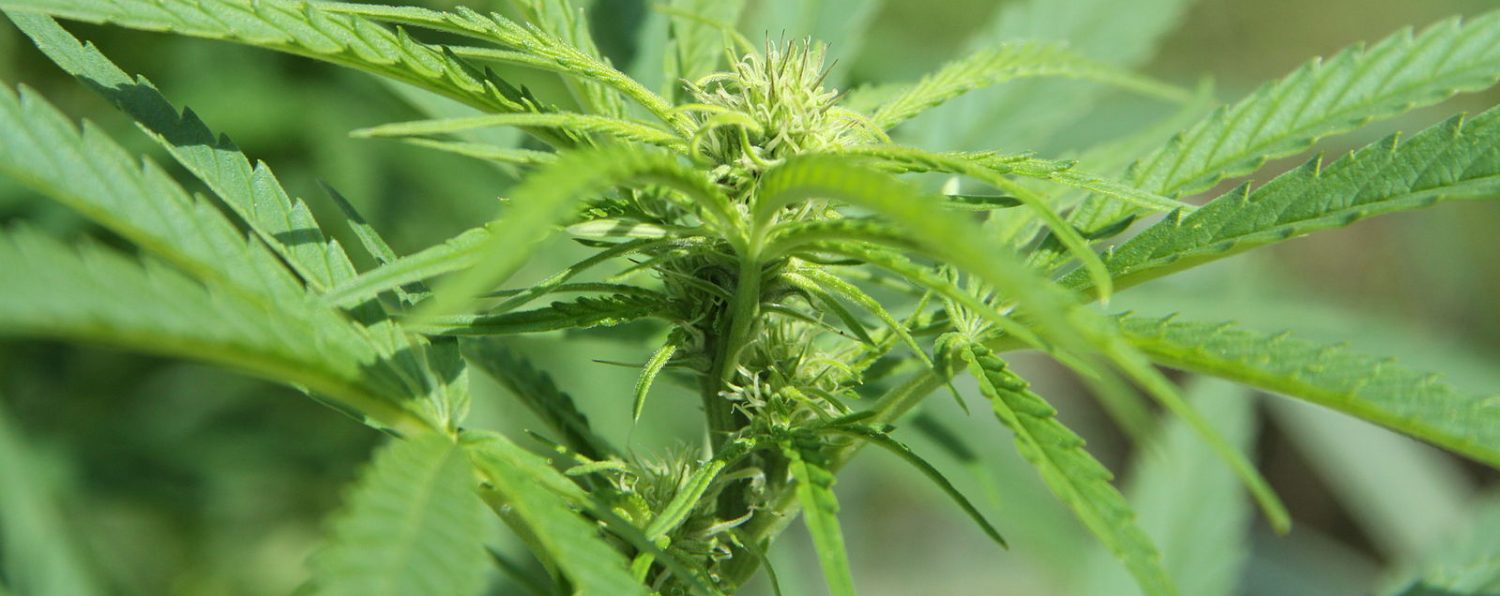Cancer is horrible, no denying. The side effects of treating it conventionally with radiation or chemotherapy are just as nasty. Treating cancer is scary. Chemotherapy involves injecting a powerful cocktail of aggressive drugs to attack cancer cells.
So strong is the drug concoction that not only does it destroy growing cancer cells, but it also kills healthy cells too. For this reason, the side effects are especially bad. Those enduring this treatment are always nauseous, often throwing up. Hair falls out; no words can describe the pain.
It causes swelling of hands and feet, sore mouth, fertility problems, diarrhea, constipation, appetite loss, fatigue, depression, and irritability are among the most common side effects of chemo. Radiation is no better, and there is cancer itself.

How CBD Helps Cancer Treatment
Cannabidiol, or CBD, is one cannabinoid of many found in cannabis plants. Noted for its many medicinal properties, scientists are studying it frantically in the field of cancer research.
According to the National Cancer Institute, CBD kills cancer cells in laboratory tests, and it slows metastasis, or spreading of cells. However, nobody touts it as a cure. Clinical trials are underway, but we know much about CBD already.
Many studies into other fields of research prove that CBD can relieve most symptoms and side effects of cancer. Patients buy CBD capsules online to make treatment easier and help them complete it, and according to the U.S .National Library of Medicine, preliminary studies show that CBD improves treatment outcomes when used supportively. It also finds CBD helping cancer patients in other ways:
Reduces Nausea and Vomiting
Growing evidence proves the positive effect that CBD has on digestive upset. Many studies found both antiemetic and anti-nausea properties in CBD. This fact alone explains why cancer patients find so much relief from CBD, which makes surviving chemotherapy not only possible but also easier. Research shows CBD activates 5-HT1A receptors in the dorsal raphe nucleus, effectively suppressing tummy upset.
According to the conclusion of just one of many research reviews, “Preclinical study indicates that cannabinoids, including CBD, may be effective clinically for treating both nausea and vomiting produced by chemotherapy or other therapeutic treatments.” For those suffering cancer, this relief is a godsend, and for many, fewer bouts of vomiting make treatment notably more successful.
Relieves Neuropathic Pain
CBD is a powerful painkiller. It’s analgesic properties are famous already, and now, science corroborates them. Chemotherapy itself causes intense neuropathic pain. For patients, relief is paramount.
In one cancer study, researchers found CBD preventing both neuropathic pain and thermal sensitivity without harming treatment efficacy of affecting the nervous system in any negative way.
Recently, researchers discovered the significantly positive effect that CBD has on nerve pain. Scientists believe that CBD’s influence on 5-HT1A receptors might be responsible for its painkilling effects.
Participants, all patients with cancer, enjoyed immense relief from pain after taking CBD for just two weeks. However, CBD in combination with tetrahydrocannabinol, or THC, is even more effective.
Decreases Inflammation
Swelling is a real problem for patients undergoing chemotherapy, especially swelling in the hands and feet. CBD is famously anti-inflammatory, capable of relieving this inflammatory response to chemotherapy.
CBD suppresses the body’s inflammatory response in various ways, and it achieves this by interacting with the body’s own endocannabinoid system, particularly its CB2 receptors.
Because inflammation is the root cause of many conditions and most painful, it is imperative that therapy relieves it.
In one animal study, researchers found concrete evidence that CBD treats edema, or swelling, most effectively in tissues inflamed around the paw. Cancer patients suffer horribly with swelling, so much so that walking or using their hands is difficult. CBD can help them get moving again.
Stimulates Appetite
One of the worst side effects of cancer treatment is the loss of appetite. Patients lose so much weight they commonly turn skeletal. Chemotherapy takes away all desire to eat, and it makes food taste horrible too.
Most cancer patients lose their appetites and almost all of their weight, leaving them just skin and bones. Although THC is famous for causing the “munchies,” CBD also has appetite-stimulating effects.
In fact, the influence of CBD on the endocannabinoid system can help cancer patients manage their appetite. The endocannabinoid system has the responsibility of regulating most bodily systems, including immune function, hunger, and even food intake. CBD works by supporting the endocannabinoid system to better balance both appetite and the motivation to eat.
Stabilizes Emotions
Irritability, depression, and other mood disorders are common among cancer patients. Emotional instability is a major side effect of both the disease and its treatment. Surviving it is not easy.
Feelings of anxiousness are often extreme. Anxiety and depression always accompany such a horrible experience, but several studies prove that CBD can boost mood, relieve anxiety, and stabilize wayward emotions.
Scientists now know that any problem in the endocannabinoid system, which regulates mood, can lead to anxiety and depression.
Fortunately, the abundance of research proving how CBD effectively supports the endocannabinoid system, as well as influences 5-HT1A, vanilloid, and serotonin receptors, is very, very good news for cancer patients. The anxiolytic and antidepressant properties of CBD help hugely.
Buy CBD Capsules Online
You can find accurately dosed, easier to swallow CBD capsules online. There is also CBD oil, CBD edibles, CBD flowers, and even CBD tincture for pain. If you are treating cancer, then you should consider CBD therapy.
However, before you start taking it, discuss this with your doctor first. He or she will know how to dose CBD correctly to improve the efficacy and outcomes of your overall treatment plan.
